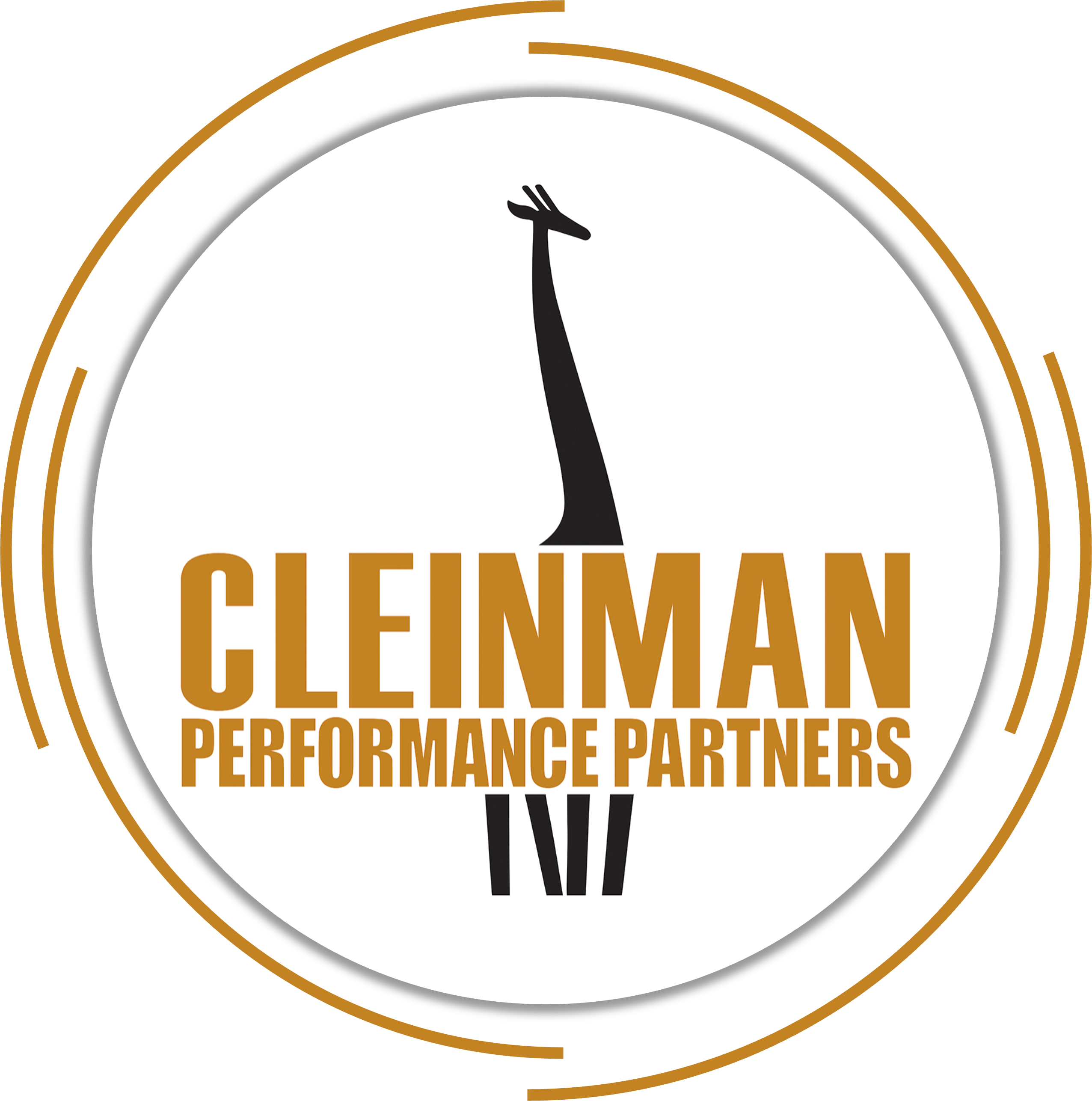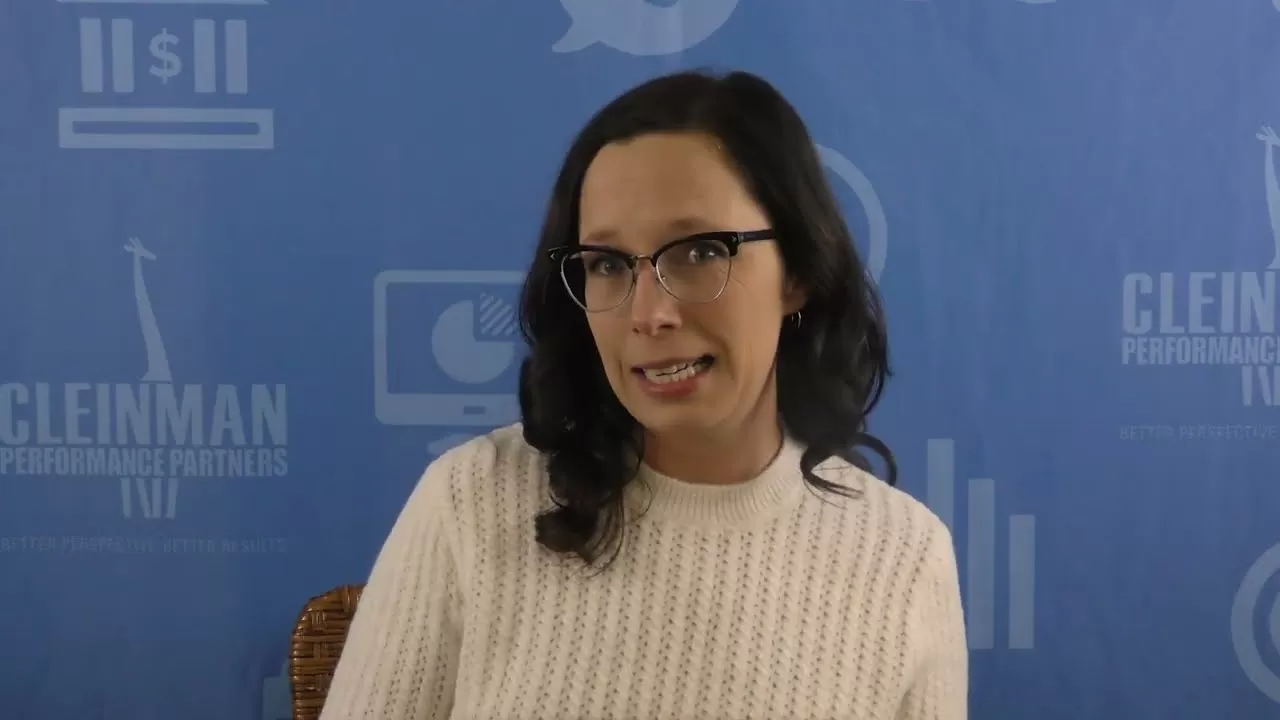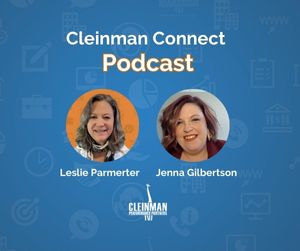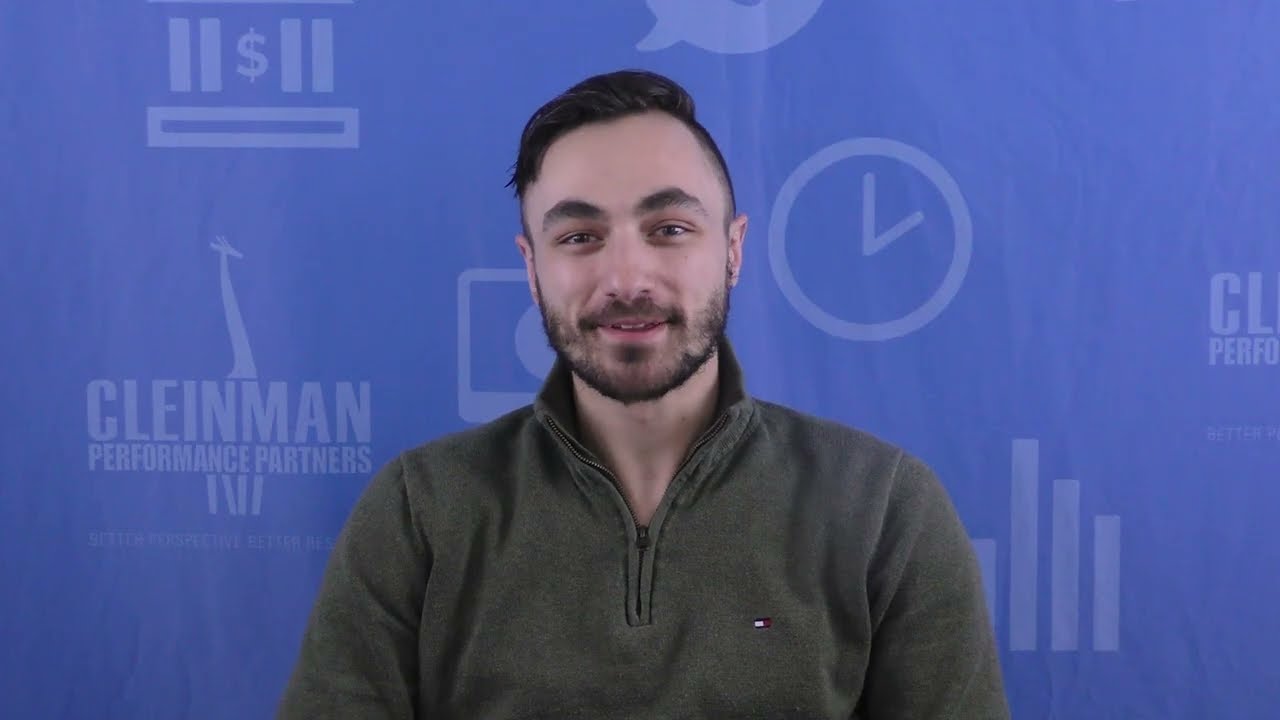The following was recently announced by VSP. In addition to promoting the importance, and value, of a comprehensive eye health exam, one would hope that VSP would use this information to support an increase in reimbursements for the very providers who have delivered these incredible results. After all, it’s not VSP that delivers the service, it’s VSP Providers.
Would this report have any less an impact were it to say $4 billion in savings vs. $4.5 billion? Some simple math indicates that $.5 billion represents about a $20 increase in exam reimbursements across the board. VSP, and all vision plans, it’s time for this price increase so that your providers can continue to deliver the quality of care that is the basis for your claims.
I encourage VSP to provide a copy of the report to all Providers, so they may use excerpts in their own marketing materials.
______________________________
New VSP Vision Care Study Finds Employers Offering Vision Benefits Save $4.5 B on Health Care Expenditures
RANCHO CORDOVA, Calif. ––VSP Vision Care released the findings of a new study showing $4.5 billion in savings for its clients—for profits, not-for-profits and government organizations—through the early detection of chronic diseases via eyecare and vision exams covered by VSP vision insurance.
The study, conducted by Human Capital Management Services Group (HCMS), a national human capital consulting firm, found that for every $1 invested in VSP exam services—which include comprehensive, annual eye exams—during an employee’s first year with the benefit, employers can expect an average two-year total return of $1.27 in long-term health care savings. These savings are a result of avoided medical costs and increased employee productivity, the statement said.
“With health care costs spiraling out of control, these new findings showing $4.5 billion in savings clearly demonstrate the importance of stand alone eyecare benefits,” said Rob Lynch, CEO of VSP Global. “Preventive eye exams support overall wellness and are much more than a means to receive prescription eyewear.”
The HCMS study further revealed that VSP clients experienced 7 percent less absenteeism, 4 percent less employee turnover and savings on insurance and workers’ compensation costs. Early detection of chronic diseases like diabetes and hypertension also increased the likelihood employees would be proactive with their health care and more likely to see a medical doctor to receive follow-up care.
“Individuals who have a VSP vision plan are three times more likely to get an annual eye exam than a routine preventive physical,” said Susan Egbert, director of eye health management, VSP Vision Care. “This means VSP providers are more likely to detect the first signs of common chronic diseases like diabetes and hypertension.”
The company’s statement noted, “VSP Vision Care is the only vision plan to facilitate nationwide, HIPAA-compliant data collection and exchange through the VSP Eye Health Management Program resulting in these cost savings and health benefits.” HCMS matched medical condition data for over 200,000 members covered by VSP Vision Care, spanning two years to medical and pharmacy data obtained from the clients’ medical and drug carriers. HCMS compared chronic patients who were first identified by VSP Vision Care against those who entered the health care system via traditional means.
The study included six large commercial clients with a total of 212,000 members. With a research reference database of more than 2.2 million employees and their families who are actively enrolled in a health plan, HCMS maintains comprehensive data catalogue containing medical and prescription costs, absenteeism, disability, workers’ compensation, and productivity costs. The study identified more than 9,000 VSP members who were first identified with early signs of diabetes, hypertension and high cholesterol by a VSP doctor.




